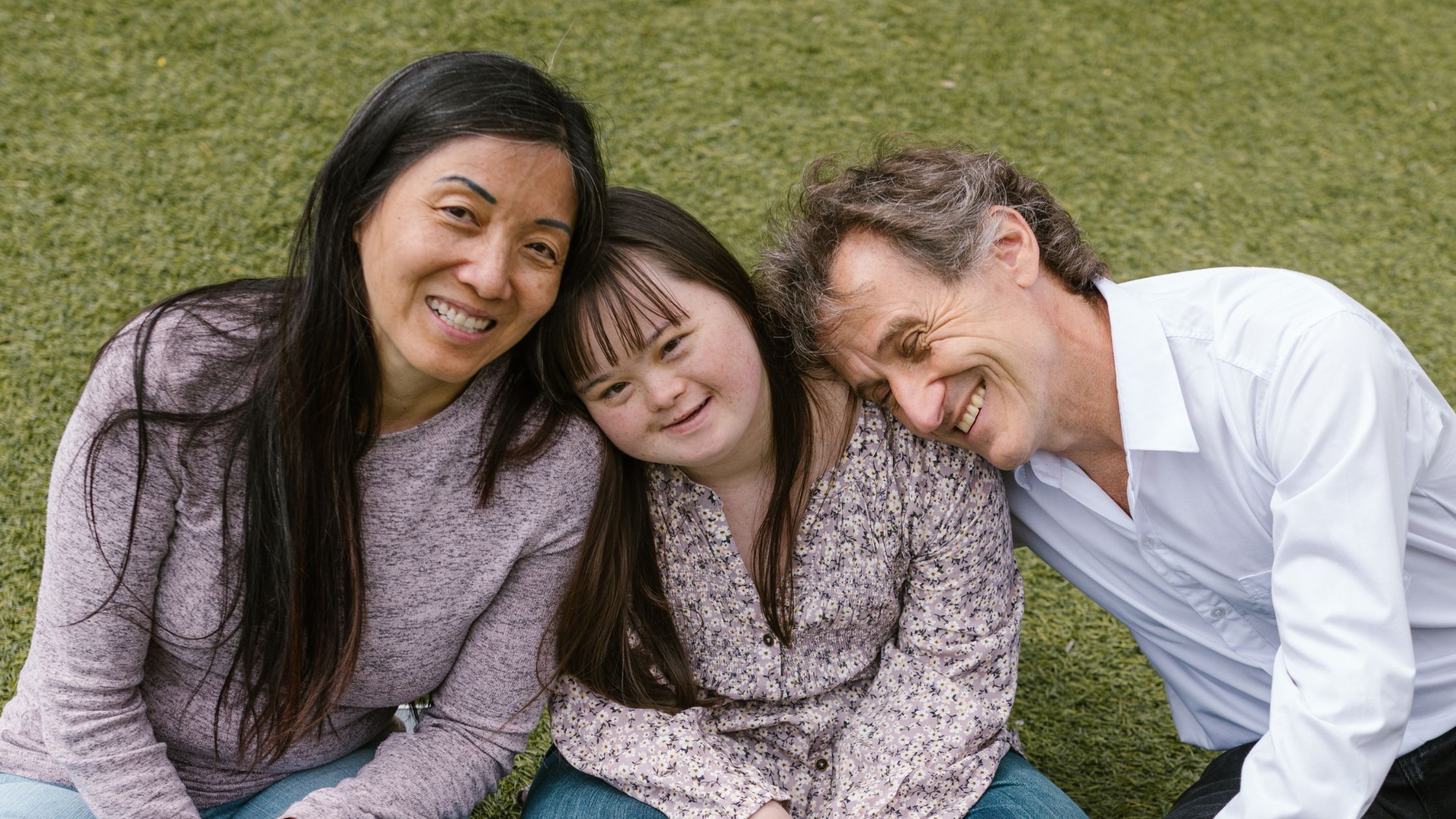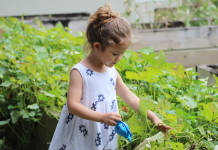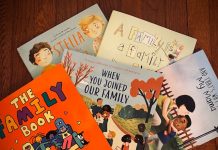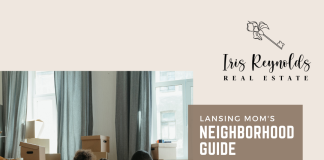This Saturday is International Day of Persons with Disabilities. Statistics show that nearly one in four adults in the United States have a disability. This very likely means that someone you know and love has a disability. At Lansing Mom we are here to open tough conversations, to learn, and to grow. We’re going to share resources for adults to use to expand knowledge on disabilities and encourage you to share and learn with us. Read on for resources to be an ally for individuals with disability.
 Before I dive in I want to share why I’m writing this. My father lived with a physical disability for many years before passing away. If you have someone that you love who has a disability you may have learned how to navigate discussing their disability, and what they do and don’t need. I didn’t really have that chance with my Dad. Disabilities weren’t really talked about, I don’t even really think we acknowledged that he had a disability. It was more tip-toe around it, nobody ask, pretend it’s all fine. Because I never learned about it I was afraid to talk about it. Now I am faced with loved ones who have visible and invisible disabilities. I refuse to tip-toe around them, especially with my own children, since people who are regularly in their lives have a disability. However I can’t help my children unless I educate myself first. I hope this piece helps you and that these resources encourage you to open up conversations with the people you love.
Before I dive in I want to share why I’m writing this. My father lived with a physical disability for many years before passing away. If you have someone that you love who has a disability you may have learned how to navigate discussing their disability, and what they do and don’t need. I didn’t really have that chance with my Dad. Disabilities weren’t really talked about, I don’t even really think we acknowledged that he had a disability. It was more tip-toe around it, nobody ask, pretend it’s all fine. Because I never learned about it I was afraid to talk about it. Now I am faced with loved ones who have visible and invisible disabilities. I refuse to tip-toe around them, especially with my own children, since people who are regularly in their lives have a disability. However I can’t help my children unless I educate myself first. I hope this piece helps you and that these resources encourage you to open up conversations with the people you love.
Types of Disabilities
I don’t want to simplify this section. There are so many types of disabilities. The two that mainly affect my life are both visible and invisible. The ADA describes an individual with a disability, “as a person who has a physical or mental impairment that substantially limits one or more major life activities, a person who has a history or record of such an impairment, or a person who is perceived by others as having such an impairment.” There is so much information out there about what qualifies as a disability, how to diagnose and beyond. I want to focus on resources that are extremely helpful and not so much the definition of a disability, however I encourage you to talk to your loved ones, who may have a disability, and see how they define themselves.
Resources to Be An Ally for Individuals with Disability
Lansing Mom is here to share our tried and true favorites. This post does contain affiliate links that help support our small business but every product is something we love!
I have two books I want to share that can help with your journey to becoming an ally for individuals with disability.
The book, Demystifying Disability: What to Know, What to Say, and How to Be an Ally, is a great place to start. If you’re someone who like me, didn’t know what to say, or how to be an ally, this book takes the questions out of it. It’s easy to read and packed with so much information!
If you want to read first hand accounts from individuals with disabilities consider, Disability Visibility. Written by Alice Wong this beautiful book can help give insight to those living with disabilities.
Where to Start
As always we find the best place to start is right where you are at. There are no wrong questions if you come from the intent of learning. We’re always here to chat with you, to learn, and grow together.










